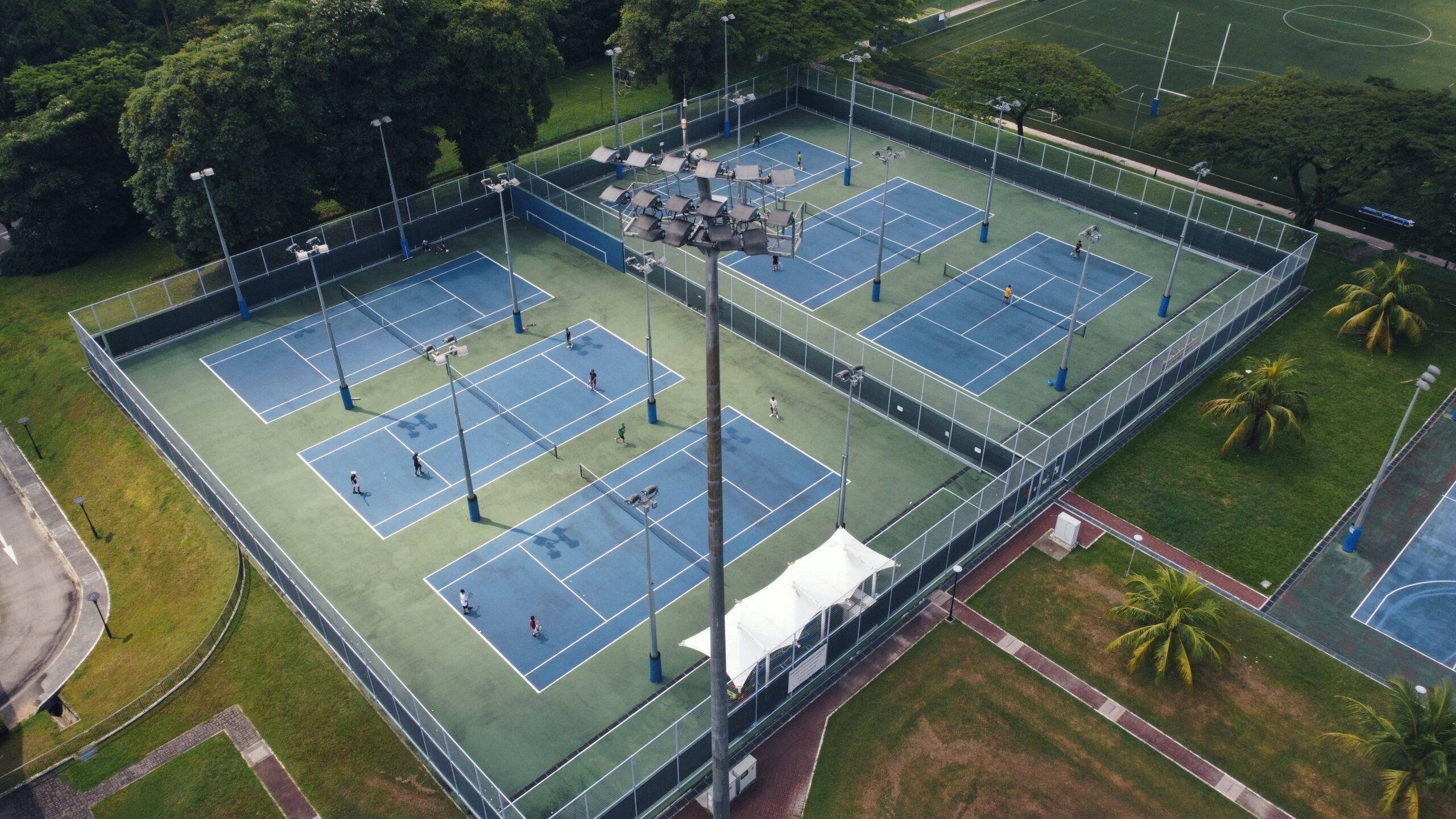Tennis, a sport that requires immense dedication, discipline, and skill, is often a gateway to teaching kids about life’s valuable lessons. As parents, it’s only natural to want to support your child’s tennis journey. However, striking the right balance between parental involvement and your child’s independence in tennis is crucial for their growth as players and individuals. In this comprehensive guide, we will explore the strategies, challenges, and benefits of fostering your child’s independence in tennis while maintaining a supportive role.
The Importance of Tennis in a Child’s Development
Tennis offers a unique platform for children to develop both physically and mentally. It promotes physical fitness, fine-tunes motor skills, and enhances social and emotional intelligence. Understanding these benefits is the first step in finding the balance between nurturing independence and providing guidance.
The Role of Parents in a Child’s Tennis Journey
Parents play an essential role in a child’s pursuit of tennis excellence. Whether you’re a seasoned tennis parent or new to the world of tennis, it’s vital to understand the various aspects of your involvement:
Emotional Support One of the primary roles parents play is providing emotional support. Tennis can be a mentally challenging sport, and children may face setbacks, frustration, and self-doubt. Parents must create a nurturing and encouraging environment, reassuring their child that it’s okay to make mistakes and lose.
Financial Support Tennis can be an expensive sport, especially as children progress to higher levels. Parents often invest in coaching, equipment, and travel expenses. It’s essential to be financially supportive while also instilling financial responsibility in your child.
Logistical Support Parents are responsible for ensuring that their child can participate in tennis, which includes transportation, scheduling, and tournament registration. Providing logistical support is crucial in enabling your child to focus on their game.
Choosing the Right Coach
Selecting the right coach is a pivotal decision for a child’s tennis journey. A skilled and experienced coach can make a significant difference in your child’s development. They provide technical guidance, motivation, and mentorship.
The Challenges of Over-involvement
While parental involvement is essential, over-involvement can have negative consequences. Here are some common challenges parents may face:
Helicopter Parenting Helicopter parenting involves excessive control and micromanagement. It can hinder a child’s growth and independence by not allowing them to make decisions or mistakes on their own.
H4: Unrealistic Expectations Setting unrealistic expectations for your child can create immense pressure, leading to stress and performance anxiety. It’s crucial to establish achievable goals and emphasize the importance of effort over results.
Burnout Pushing a child too hard can lead to physical and emotional burnout. Recognizing the signs of burnout and knowing when to step back is vital for your child’s well-being.
Fostering Independence in Your Child
Balancing parental involvement with independence is an ongoing process. Here are strategies to help foster your child’s independence in tennis:
Encourage Decision-making
Allow your child to make decisions related to their tennis journey, such as choosing their practice schedule, equipment, and tournaments. This empowers them to take ownership of their path.
Teach Responsibility
Teach your child responsibility by involving them in the logistics of their tennis activities. This could include handling equipment, organizing their schedule, and understanding the financial aspects of the sport.
Emphasize Self-motivation
Encourage your child to find their own motivation and passion for tennis. When they are internally driven, they are more likely to persevere through challenges and setbacks.
Focus on Long-term Development
Shift the focus from short-term results to long-term development. Stress the importance of skill improvement, sportsmanship, and personal growth over winning at all costs.
The Benefits of Independence in Tennis
Fostering independence in your child’s tennis journey yields numerous benefits:
Resilience and Grit
Independent tennis players develop resilience and grit, qualities that extend beyond the court and help them tackle life’s challenges.
Self-confidence
As children take control of their tennis journey, they build self-confidence, a valuable asset in all aspects of life.
Love for the Game
Independence allows children to develop a genuine love for the sport, leading to a lifelong passion for tennis.
Responsibility and Discipline
Independence teaches children responsibility and discipline, skills that are transferable to academics, careers, and relationships.
Communicating with Your Child
Effective communication is key to finding the right balance. Here are some tips for maintaining a healthy dialogue with your child:
Active Listening Listen to your child’s thoughts, concerns, and goals. By actively listening, you can provide guidance that is tailored to their needs.
Open and Non-judgmental Approach Create an open and non-judgmental environment where your child feels comfortable discussing their tennis experiences, including successes and setbacks.
Positive Reinforcement Acknowledge your child’s efforts and achievements, focusing on their development rather than just results.
The Role of a Mentor
Mentors, apart from parents, can play a significant role in nurturing a child’s independence in tennis. They can provide a fresh perspective and guidance that complements parental support.
Choosing a Mentor Selecting the right mentor is crucial. Look for individuals with experience in tennis and a positive, nurturing approach.
Mentor-Parent Coordination Maintain open communication with the mentor to ensure consistency in your child’s development.
Navigating Setbacks and Challenges
Tennis is not without its share of obstacles. When challenges arise, both you and your child need to navigate them effectively.
Coping with Losses Help your child cope with losses by emphasizing the learning experience they provide. Discuss strategies for improvement and resilience.
Handling Burnout Watch for signs of burnout and be prepared to make adjustments in their schedule or approach to maintain their passion for tennis.
Adjusting Goals It’s essential to periodically reevaluate and adjust your child’s tennis goals to ensure they remain realistic and aligned with their evolving interests.
Conclusion: Striking the Perfect Balance
Finding the right balance between parental involvement and a child’s independence in tennis is a dynamic process. It requires flexibility, adaptability, and a deep understanding of your child’s needs and aspirations. By nurturing independence, providing unwavering support, and maintaining effective communication, you can empower your child to excel in tennis and in life. Tennis, with its valuable life lessons, can be a remarkable journey for both parents and children when approached with the right balance.
In conclusion, remember that your child’s tennis journey is not just about the destination but also about the experiences and growth along the way. Encourage independence, celebrate small victories, and be the unwavering source of support and guidance your child needs to thrive in the world of tennis and beyond.






